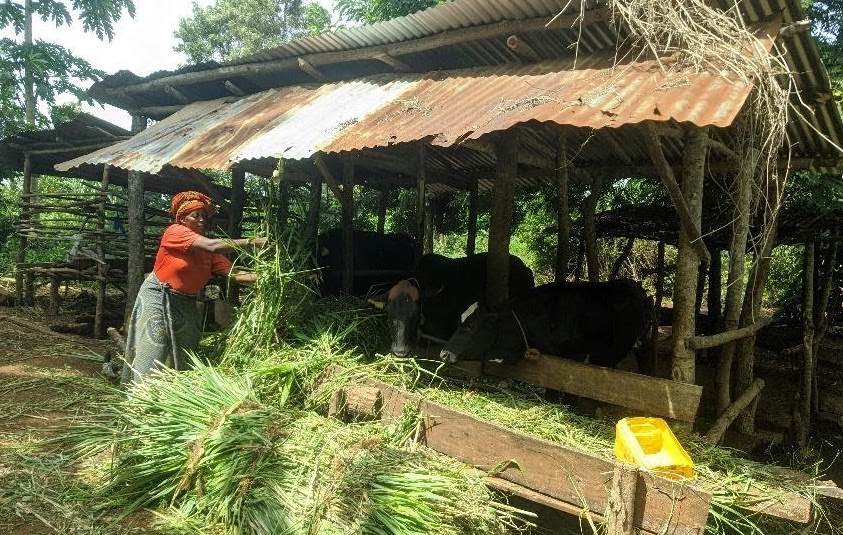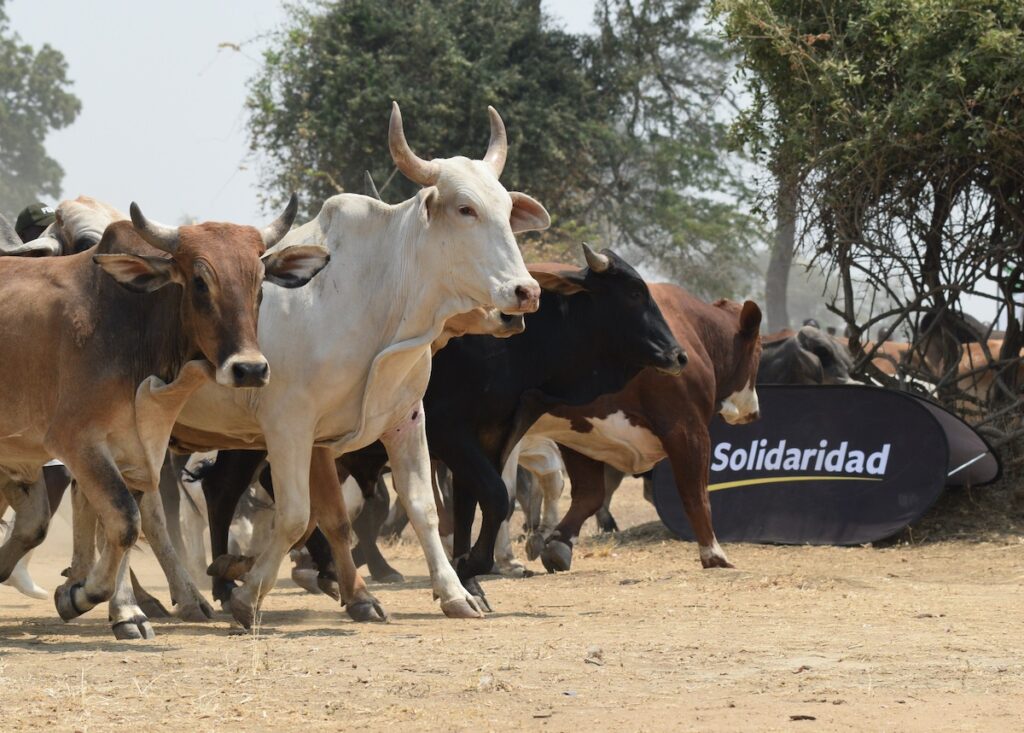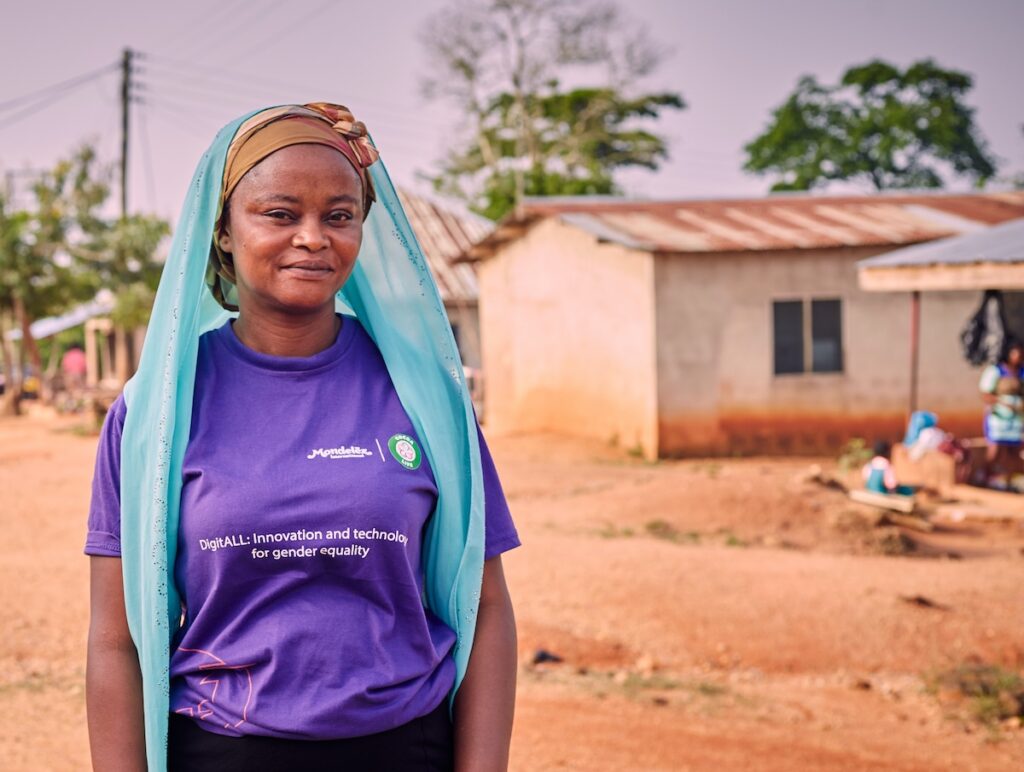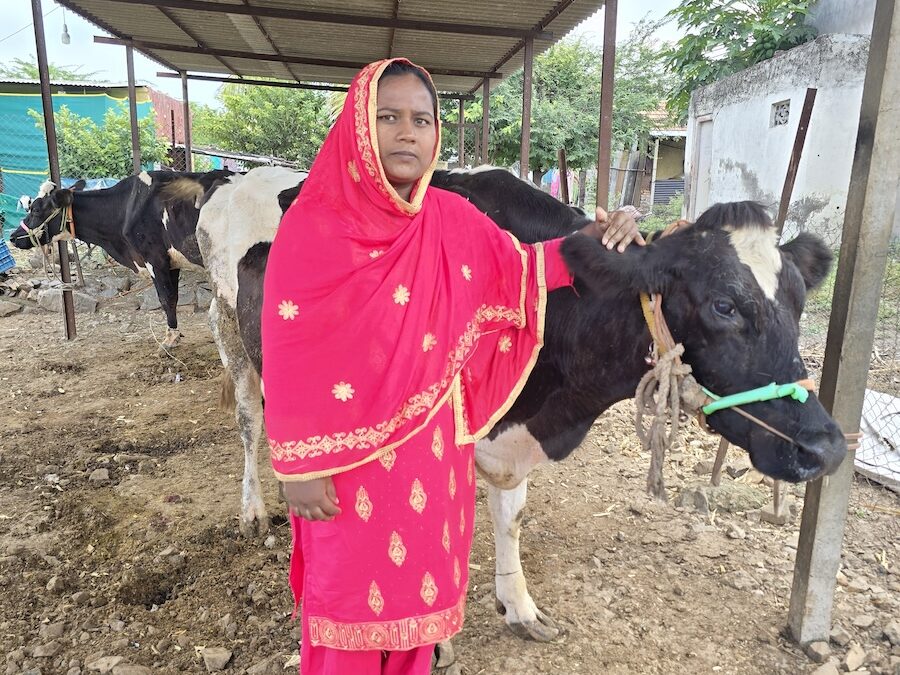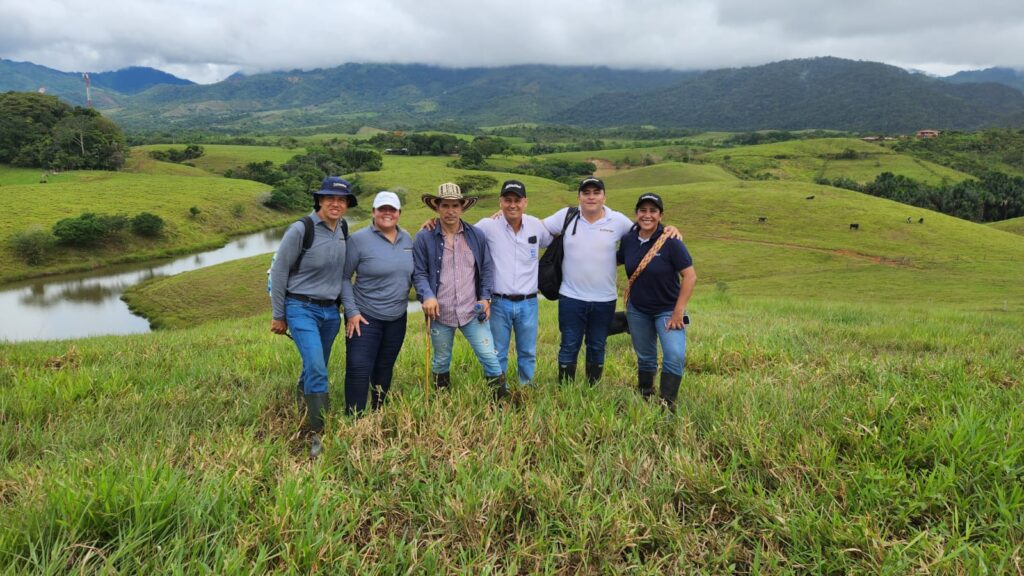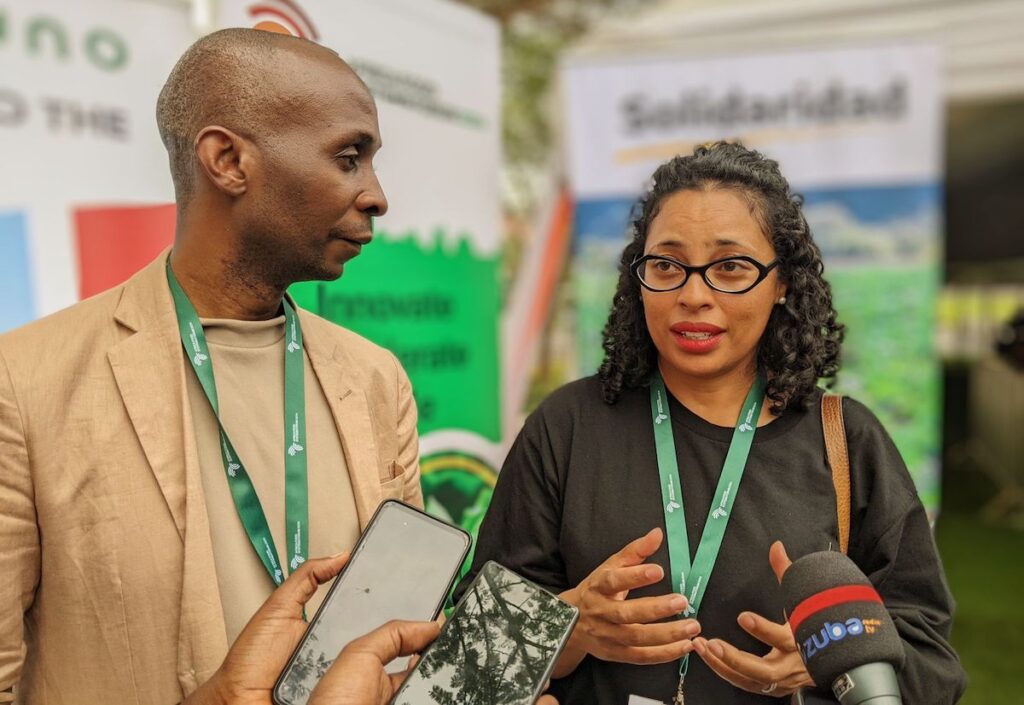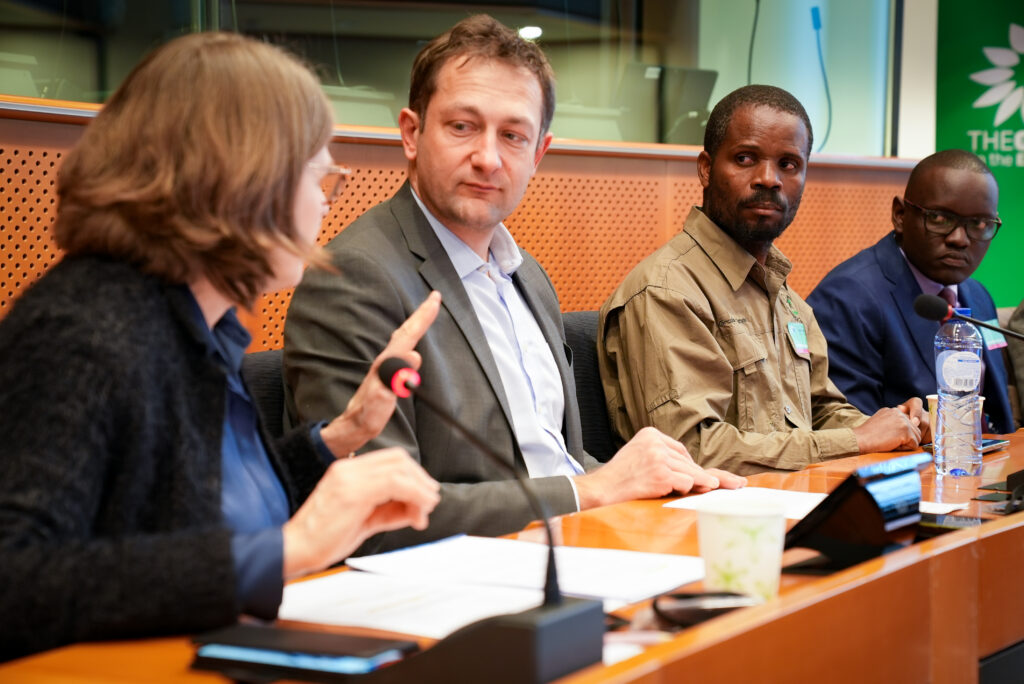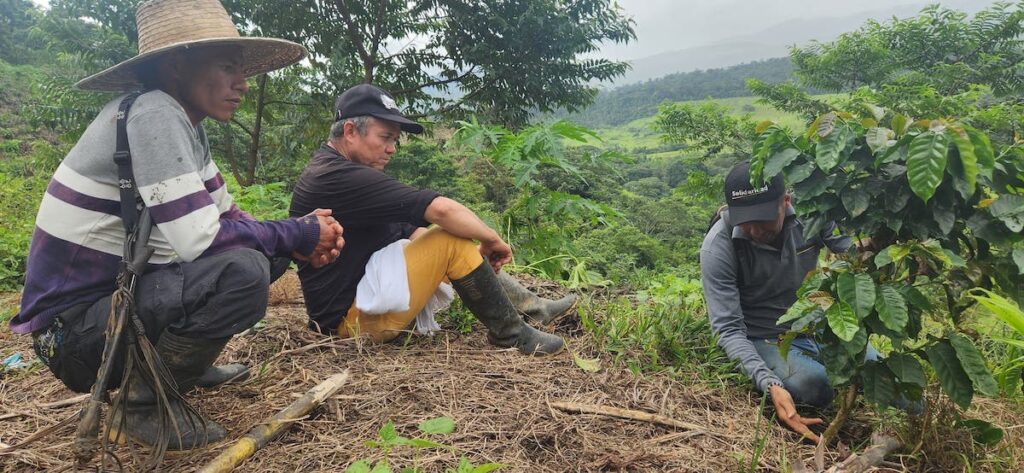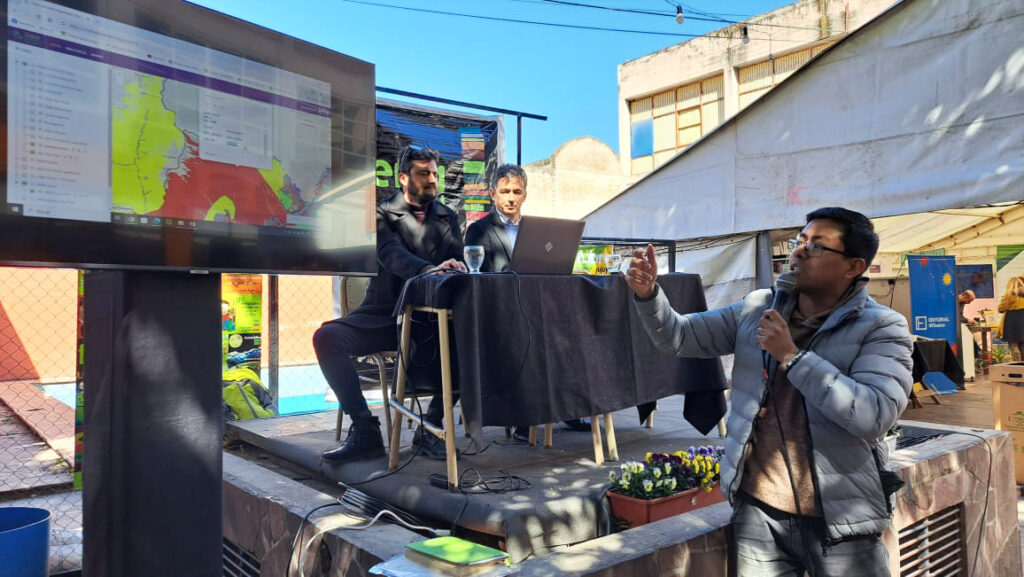Tanzania has an estimated 33.9 million cattle according to data from the National Bureau of Statistics (NBS, 2019/20) Agriculture, Livestock and Fisheries Census. The country ranks third in cattle population in Africa after Ethiopia and Sudan. Despite the high cattle population, the census statistics estimated that the livestock-related sub-sectors only contribute 7.4 percent to the nation’s gross domestic product (GDP), with a meagre 2.6 percent sector growth rate.
According to the Food and Agriculture Organization (FAO), the livestock sector in Tanzania employs about 50 percent of the population meaning that about 4.6 million households depend on livestock for their livelihoods. The dairy sector is dominated by smallholder farmers who own approximately 33.8 million cattle. In the 2019/20 agricultural year, Tanzania produced 3.1 billion litres of cow milk. The sector is however still facing major challenges including poor dairy management practices, limited access to extension and veterinary services, and poor access to finance. This is compounded by the fact that more than 90 percent of Tanzania’s dairy cattle are low-yield breeds (including the, indigenous zebu). Furthermore, improved breeds only produce about 30 percent of milk.
Ester Makenga’s Story
52 year-old Ester Justine Makenga relocated to Mindu village, Muheza District inspired by the favourable geographical and climatic conditions. To date, Ester remembers how the sprawling green fields; filled with bananas and fruits, played a big role in her decision to venture into dairy farming. For Ester and her family, the availability of fodder has kept her dream alive. Ten years on, she has become one of the most respected dairy farmers in Mindu producing an average of 23 litres of milk per day and earning about Tshs 16,145 per day (5.7 Euro).
As Ester recalled, her ambitious nature is what drove her to buy a farm and venture into dairy farming together with her spouse. At the time however, it was not commonplace for women to get involved in dairy farming.
In my community, dairy farming was considered a ‘dirty and intensive job – unfit for women. It was frowned upon for women to engage in dairy farming. The general reasons are that the cow dung, as well as feeding, cleaning and milking activities are considered too filthy for women whose perceived roles included cooking and performing cleaning duties for their families and spouses.
Ester Makenga, Dairy farmer
In addition to the socio-cultural beliefs, Ester faced a myriad of challenges similar to other farmers in Mindu such as limited access to veterinary and extension services, artificial insemination (AI) services, and farming inputs. The farmers also lacked knowledge on good dairy management practices resulting in low milk productivity and incomes.
To bridge the existing gaps, Solidaridad is implementing the Dairy 2025 project in Tanzania. The project is being implemented in partnership with Tanga Fresh (a market leader in dairy products in Tanzania) and Murazi Farm (2,000 hectare commercial heifer breeding unit). The partners are piloting four highly innovative and inclusive business models with the goal of economically boosting Tanzania’s dairy sector. The project is targeting 6,000 smallholder dairy farmers (40% women) in the Tanga region to enable them double their milk production and income, and become more sustainable and climate-smart by 2025.
Increased Milk Production
In 2019, Ester was producing 12 litres of milk daily. By the end of 2020, the milk volumes had increased to an average of 23 litres daily, generating at least Tshs 16,146 (5.7 Euro) in daily income. This increase in production is attributed to among them the availability of dairy feeds from UWAMKI dairy hub, adoption of good dairy management practices including proper feeding; quality fodder in the right quantities and sufficient water, construction of proper cow sheds/housing and close monitoring of cattle health.
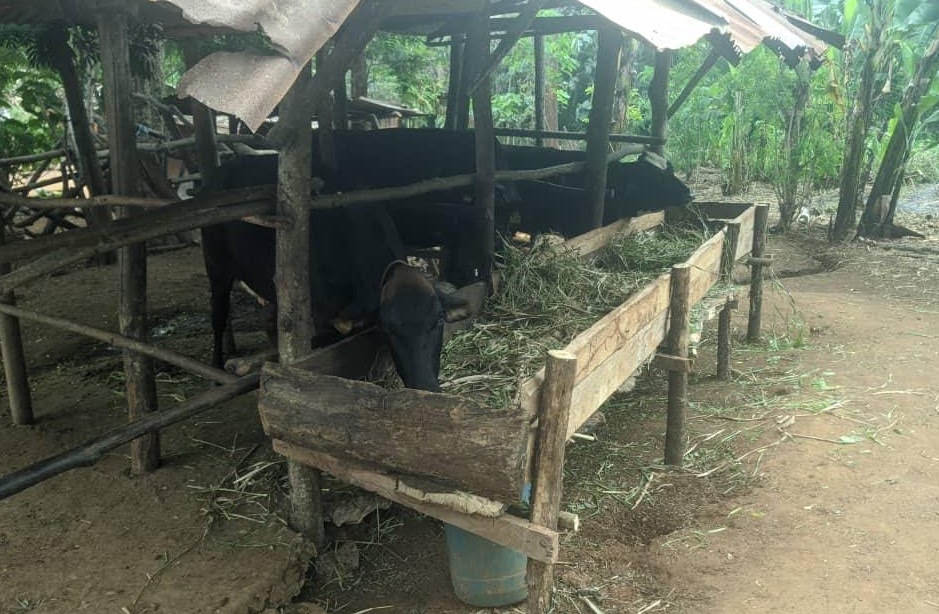
“The additional income enabled me to acquire one heifer and expand my dairy farming business,” Ester says.
In addition to acquiring a heifer, Ester noted that the additional income has enabled her to cater for children’s school fees and family’s household expenses. The dairy farmer now dreams of increasing her production capacity to 80 litres daily – a goal she has captured in her 4-year farm development plan, developed with support from the project.
Tailored Support
Since 2019, Ester has been receiving targeted support through the Dairy 2025 project team. Through study groups, she received training on animal husbandry, including home-made feed formulation, proper feeding, fodder nursery plot establishment, and fodder seeds, as well as coordinated access to farming inputs through the UWAMKI dairy hub. As one of the pioneers in fodder plot establishment, Ester was also selected as a project ‘lead’ farmer and now provides technical support and training on good dairy farming practices to other farmers in her community.
Small Milk Collection Centre
The Dairy 2025 project has established a small milk collection centre to enable Ester and 30 other dairy farmers in Mindu village to aggregate their milk without traveling long distances. The centre also serves as a training centre on feed formulation and delivery point for farming inputs to farmers through the milk transporter.
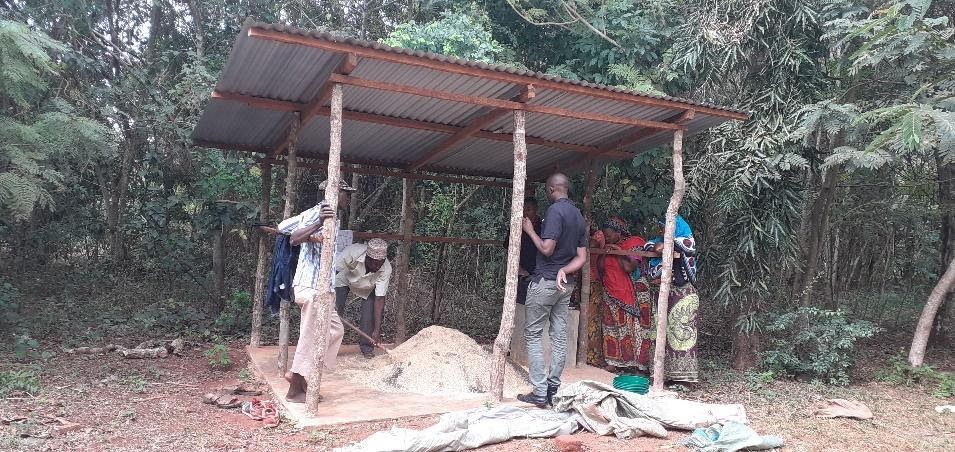
The Model ‘Demo’ Farmer
Due to her continuous business growth and improvement, Ester’s farm was selected as a demonstration plot on proper feeding and production of improved fodder. The dairy farmer receives support from the project to train other farmers on good dairy farming management practices.
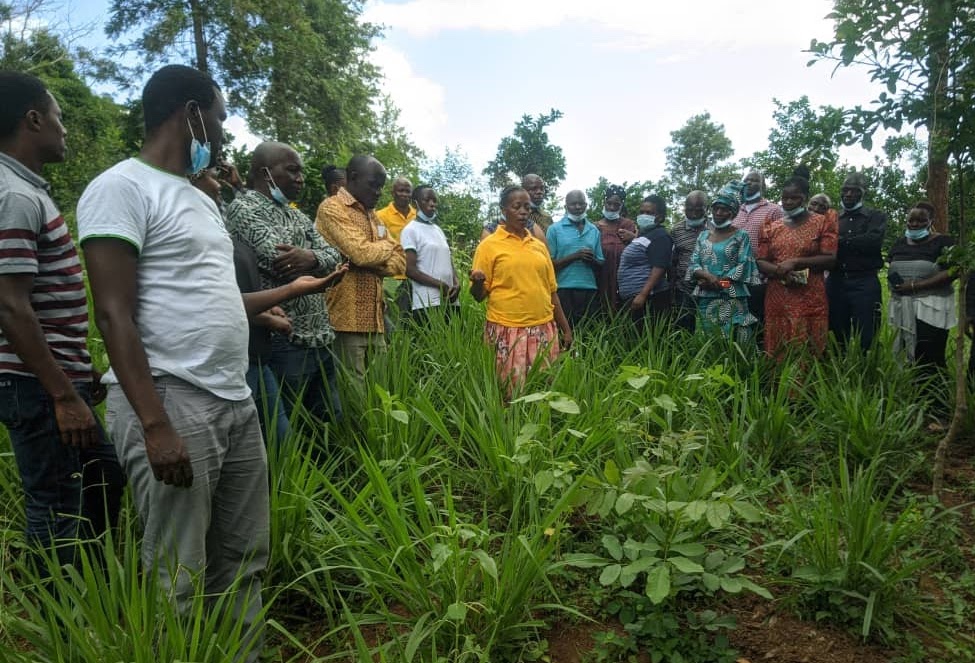
In addition to being positioned as a model farmer, Ester continues to receive continuous coaching from the project. The capacity building is aimed at facilitating her to achieve the goals outlined in her farm development plan and effectively transfer her skills and knowledge to other farmers including women. The overall goal is to empower other local farmers in Tanzania to enhance their dairy business management skills and their capacities to position them as change agents within the community.

